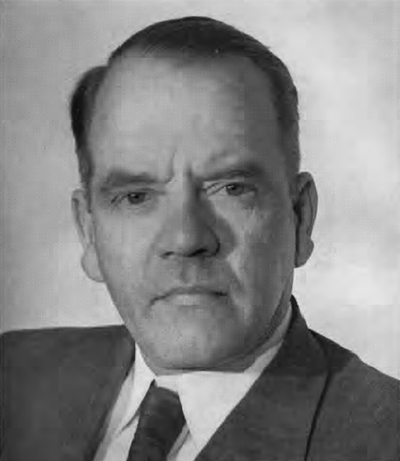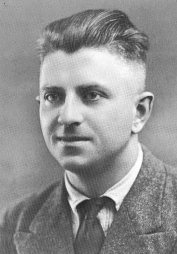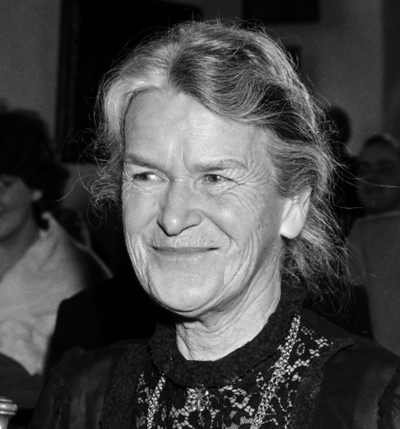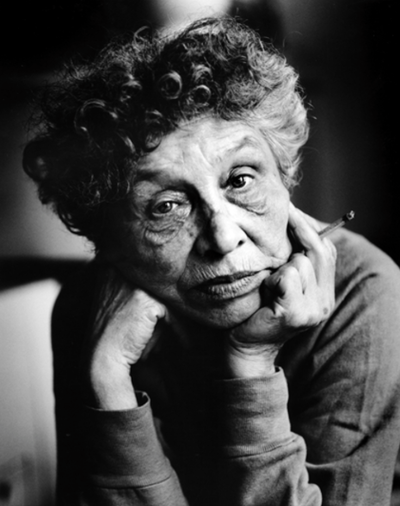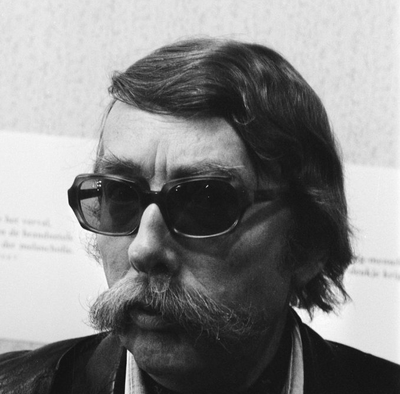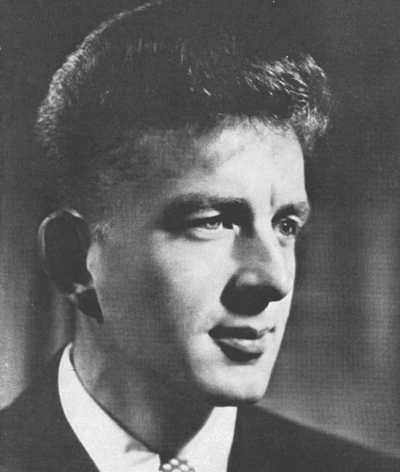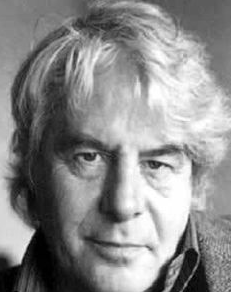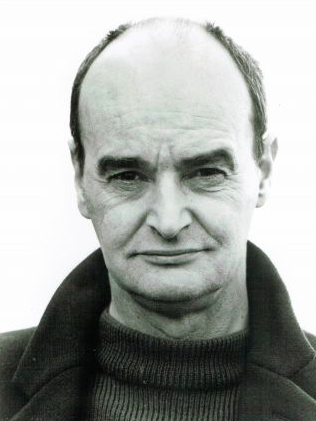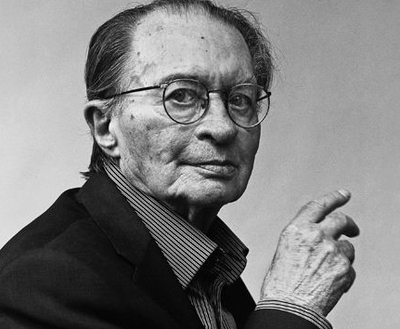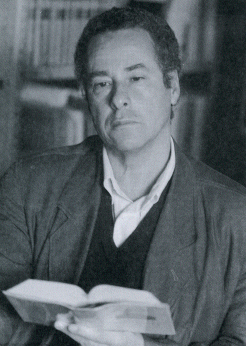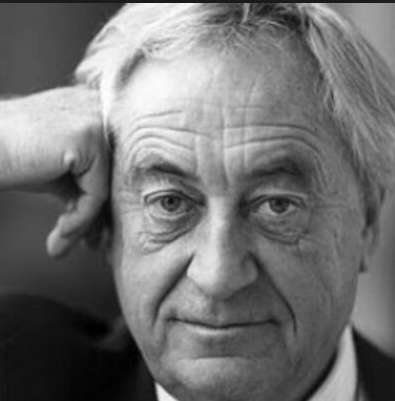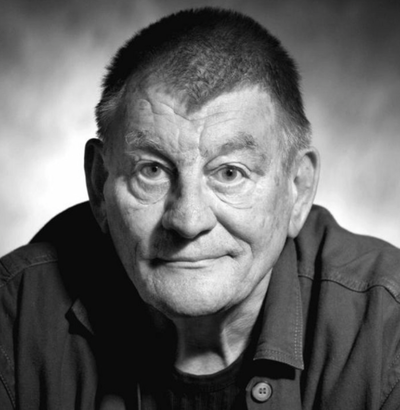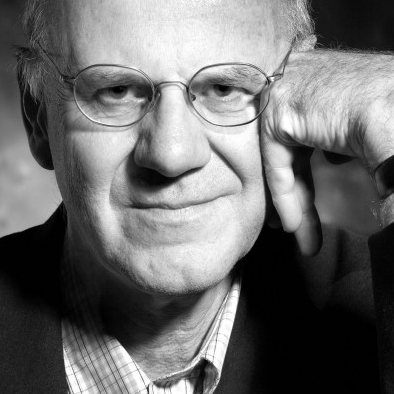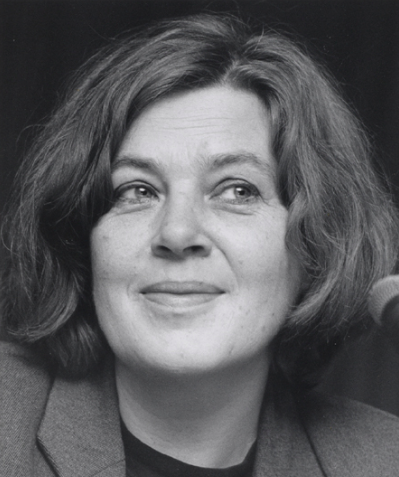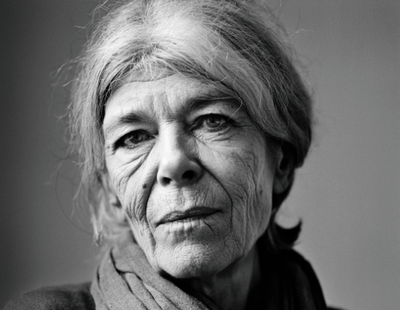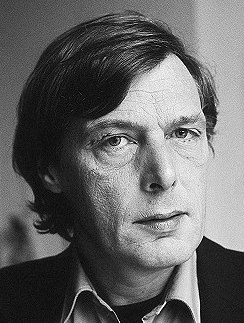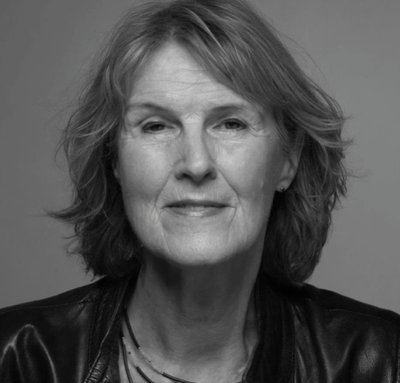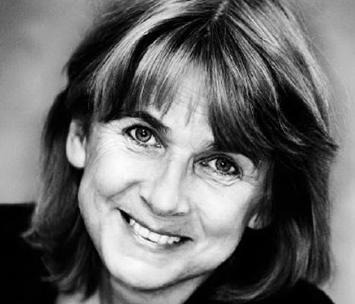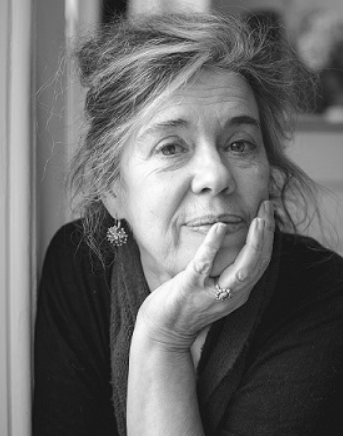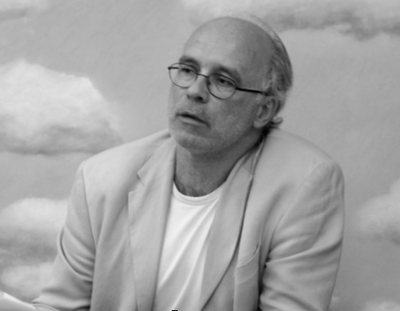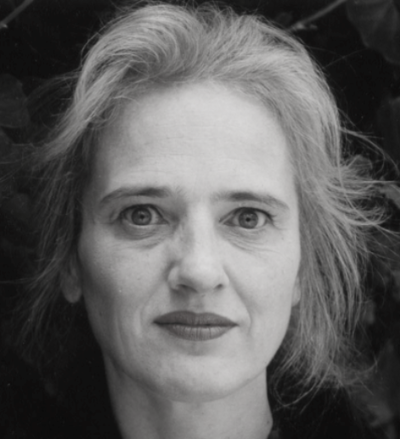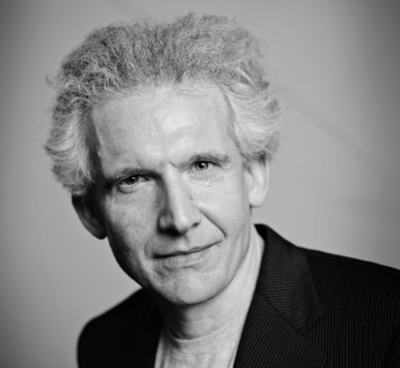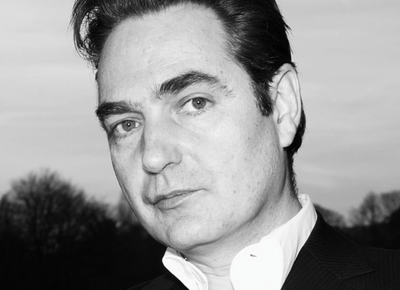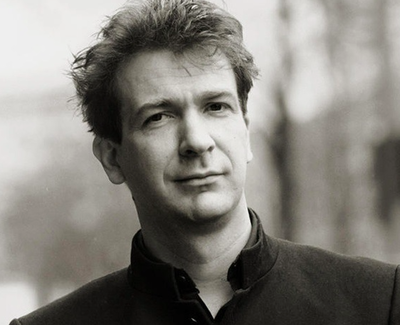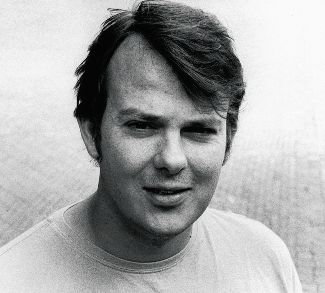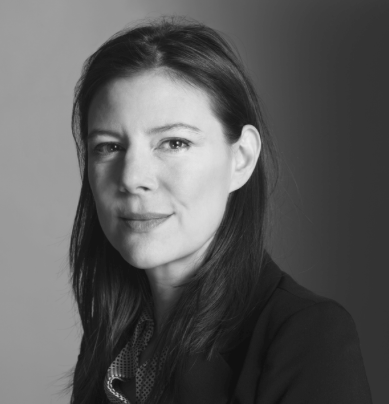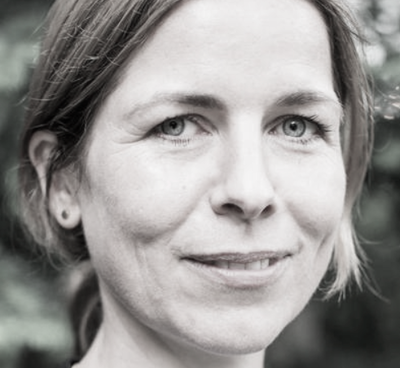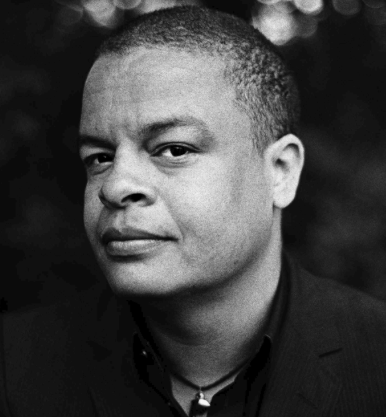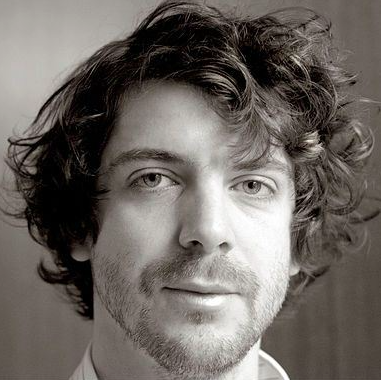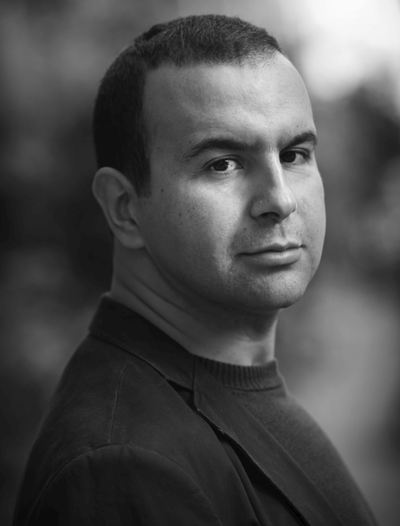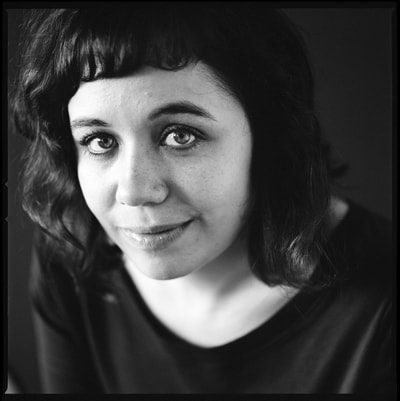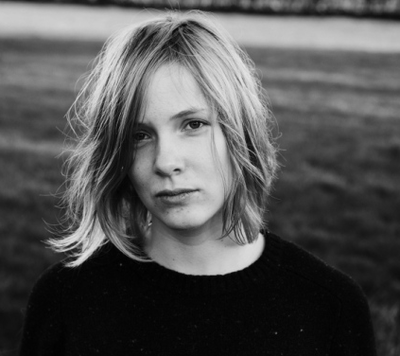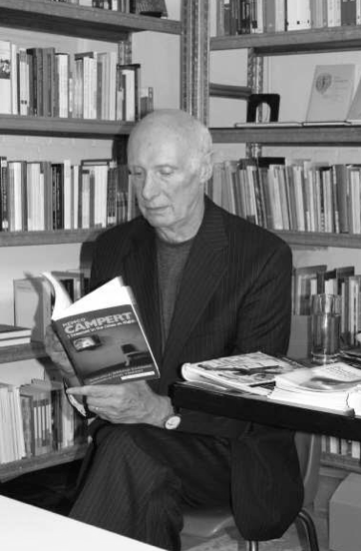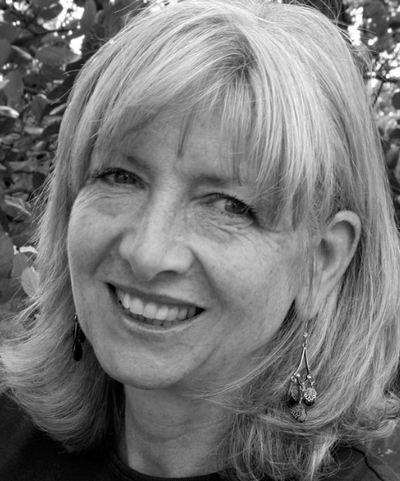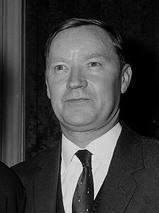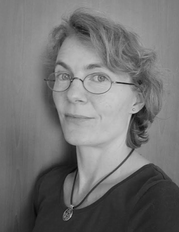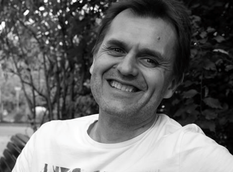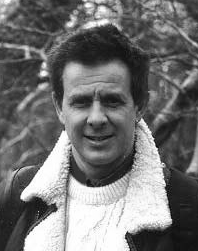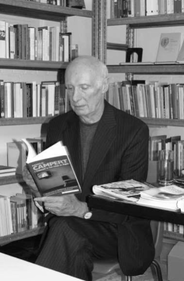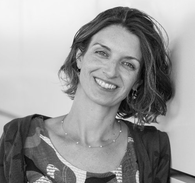Issue XXVI December 2017
Dutch Edition
edited by David Colmer

This edition was published with the support of the Dutch Foundation for Literature
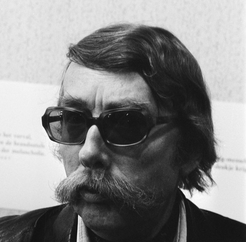 Gerrit Kouwenaar (Enchanting Poet ISSUE XXVI) Gerrit Kouwenaar (Enchanting Poet ISSUE XXVI)
never have I
by Gerrit Kouwenaar (translated by David Colmer) Never have I striven for anything other than this: making stone soft making fire from water making rain from thirst meanwhile the cold was biting the sun was a day full of wasps the bread was sweet or salty and the night as black as it by rights should be or white with ignorance sometimes I confused myself with my shadow just as one can confuse the word with the word the carcass with the body often day and night were of the same colour and tearless, and deaf but never anything other than this: making stone soft making fire from water making rain from thirst it is raining I drink I am thirsty. Read More 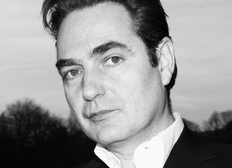 Menno Wigman (Editor's Choice ISSUE XXVI) Menno Wigman (Editor's Choice ISSUE XXVI)
Misunderstanding
by Menno Wigman (translated by David Colmer) This will not be an upbeat poem. And why I’d even let this secret slip’s a mystery to me, but more and more these last few months, I’ve felt that poetry is not a form of charity, but more a sickness that afflicts a coterie of fools, a sly complaint that mostly bores the rest, and in the night – it’s not a healing art. The room remains a room, the bed a bed. My life’s been wrecked by poetry and though I once had certain hopes, it won’t go to my head if I, with these few sheets, disturb the peace of mind of sixty-seven readers or, worse, bring down two trees. Read More |
IntroductionIt was an honour and a thrill to be asked to edit this anthology for The Enchanting Verses, but at the same time a task I approached with some trepidation. After all, poetry is a key part of Dutch literary life and the country has a vibrant poetry scene with scores of active, well-regarded poets, and hundreds who have made their mark over the last century. Komrij’s popular and authoritative anthology dedicated more than a thousand pages to the twentieth century alone and Pfeijffer’s recent best-selling anthology of the poetry of the twentieth and twenty-first centuries is, if anything, more expansive.
I was aware then that no matter how I approached the subject I would only be dipping into the riches available. One way of making my selection more representative would have been to limit the period covered to contemporary or even millennial poetry, but I decided early on that an audience likely to be unfamiliar with Dutch poetry would be better served by an attempt to give an overview of modern Dutch poetry, hopefully revealing some of its influences, concerns, tendencies and directions. Many of the poets chosen already have a presence in English and this allows readers to further explore their work. I am very grateful to the poets, poets’ estates and publishers for their generous permission to include their work in this anthology. There is an inevitable arbitrariness to a selection of this kind and omissions are as regrettable as they are inescapable. I would refer interested readers in particular to Poetry International Web http://www.poetryinternationalweb.net/pi/site/country/item/6, the website of Rotterdam’s Poetry International festival, as an invaluable next stop in an exploration of Dutch poetry. An English anthology of foreign-language poetry is always an anthology of translations, and here I have tried to choose work that can stand as poetry in its own right in English while remaining faithful in the deepest sense to the original work, even when this requires liberties on semantic or other levels. I realise that this is a clear preference for a particular philosophy of translation and I embrace that wholeheartedly. My fellow translators were very generous in cooperating with the project and giving permission to use their work, and I am especially grateful to those who made time in their busy schedules to produce new translations for this anthology. In a few instances I couldn’t resist the temptation of trying my own hand at some of the classics, and I hope readers will forgive any blurring of my roles as translator and editor, two roles that only had the vaguest separation anyway, given that the very reason I was asked to edit this volume was my position as one of the most active translators of Dutch poetry into English. One constraint of this anthology was that it was to be of Dutch poetry in the sense of poetry from the Netherlands rather than Dutch-language poetry, and I am well aware of the artificiality of excluding contemporary Flemish poets who influenced and were influenced by their Dutch colleagues and were often key members of the same movements. The flip side of this, of course, was that it greatly reduced the number of poets to choose from, and for that I could only be grateful. Lastly I would like to express my thanks to the Dutch Foundation for Literature for their generous support, without which this anthology would not have been possible, and specifically to Victor Schiferli of the foundation, for his patience, help and advice. David Colmer Guest Editor - ISSUE XXVI |
